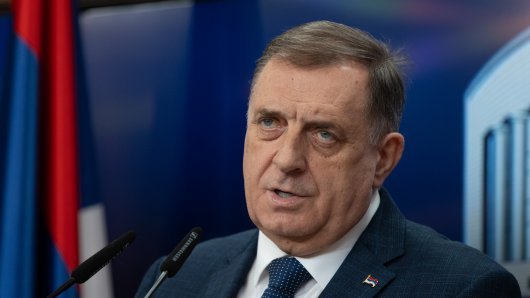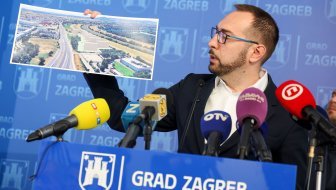We are not satisfied with the pace of upgrading of INA's refineries, but not only one side is to be blamed, First Deputy Prime Minister and Economy Minister Radimir Cacic said on Tuesday.
The state and local self-government units are also responsible for the situation, Cacic told reporters after launching a project to obtain additional amounts of oil and gas from old oil and gas fields in Ivanic Grad, some 25 kilometres southeast of Zagreb.
Cacic said the state had been withdrawing dividends from the national oil company, thus significantly obstructing the implementation of investments.
Asked if he talked to the INA management board and representatives of the Hungarian oil company MOL, a majority stakeholder in INA, about amendments to the stakeholders agreement for INA, Cacic said that a number of meetings were held and that he was aware that more meetings were necessary.
Asked about the future of the petrochemical company Dioki, Cacic said it was not cost-efficient to continue production in Zagreb and that negotiations were under way to restart production on the northern Adriatic island of Krk.
Asked to comment on the possibility of government officials sitting on INA's Supervisory Board, management board president Zoltan Aldott said this was up to the stakeholders. He gave the same answer when asked if amendments to the stakeholders agreement between the Croatian government and MOL were being considered.
MOL and the Croatian government are the two biggest stakeholders in INA.




































